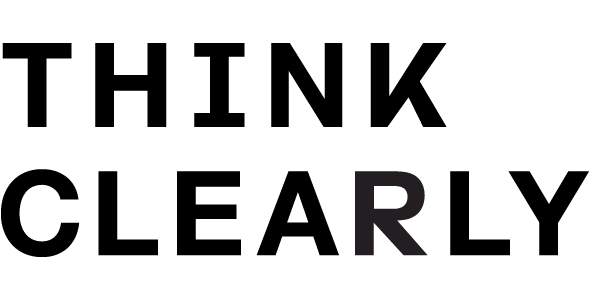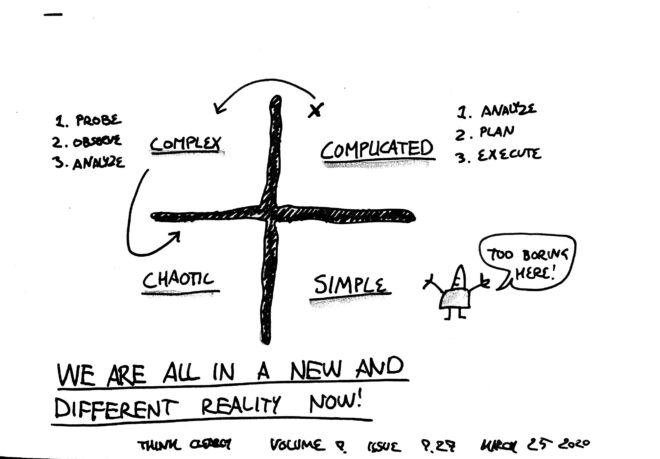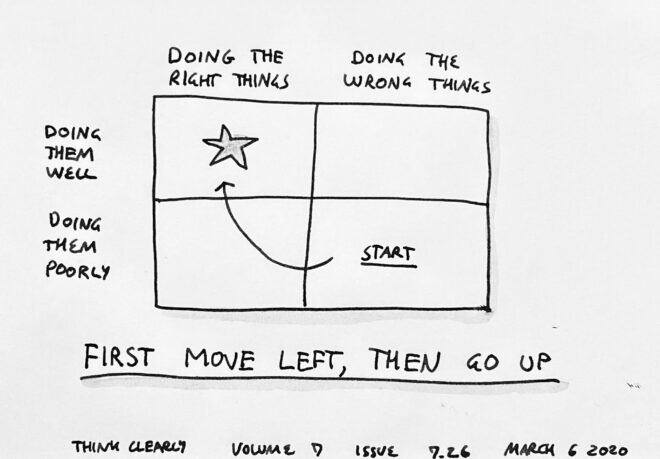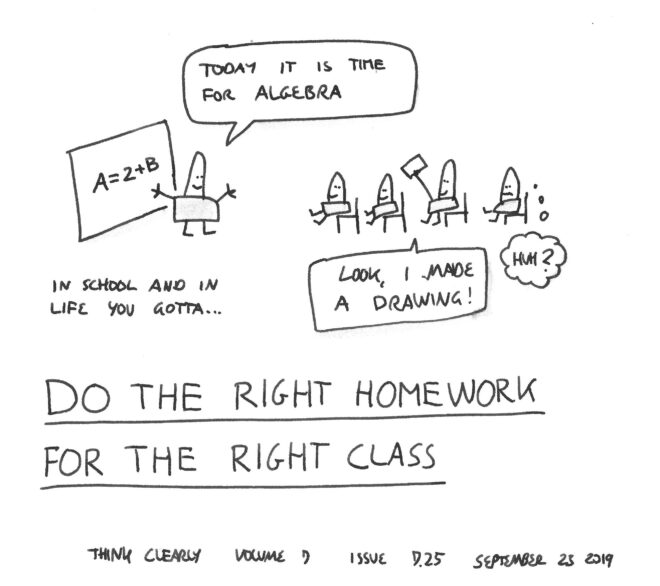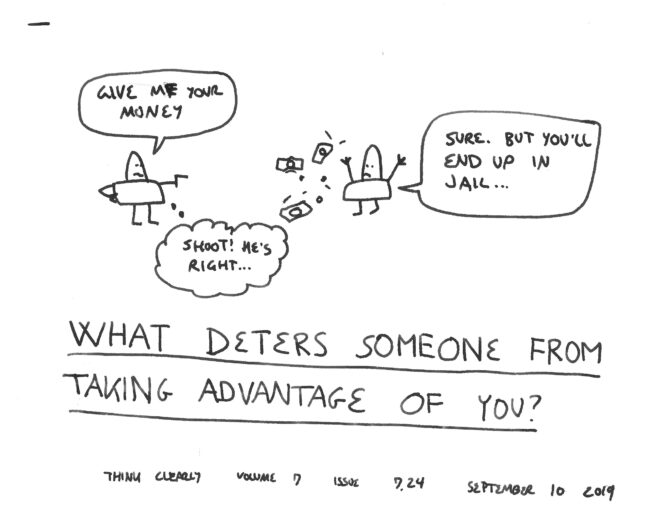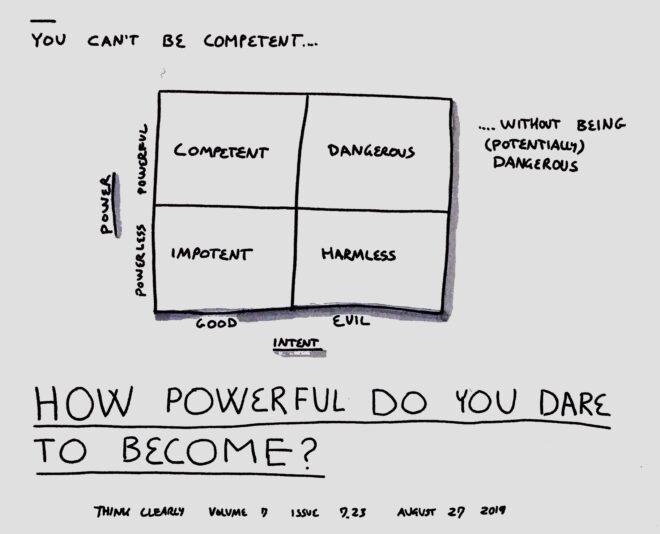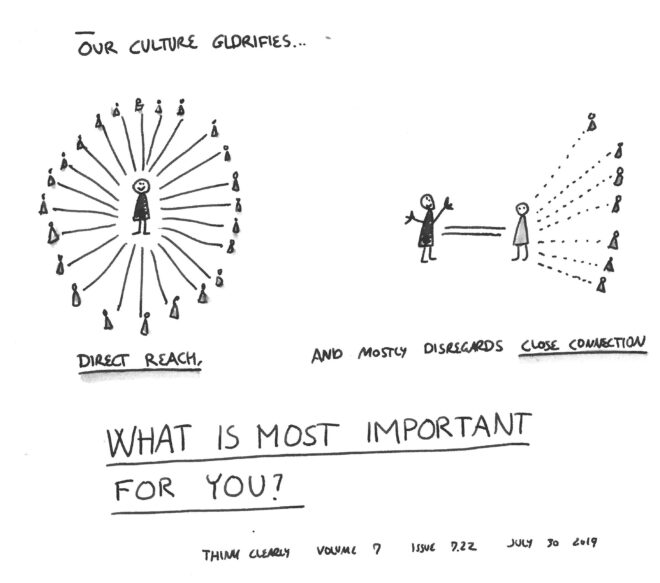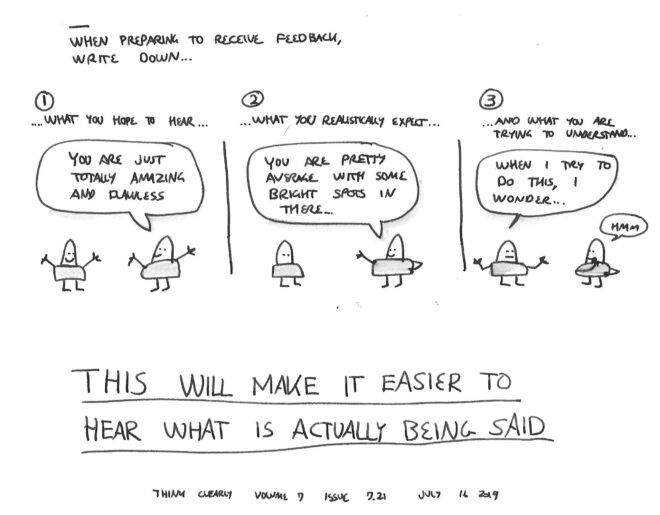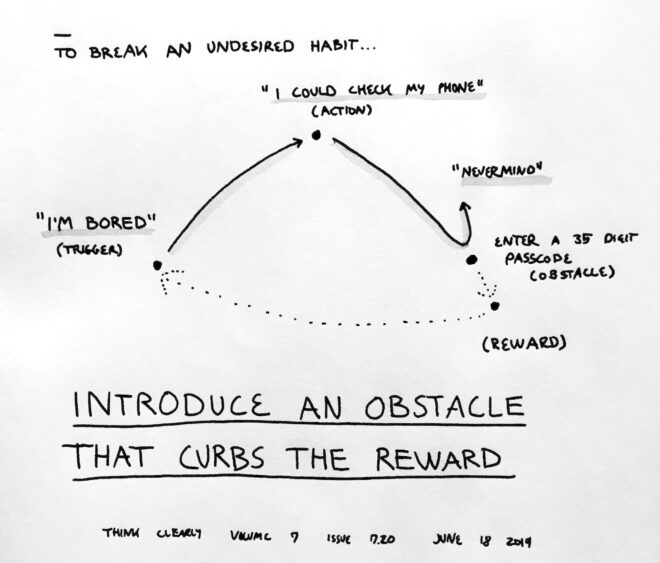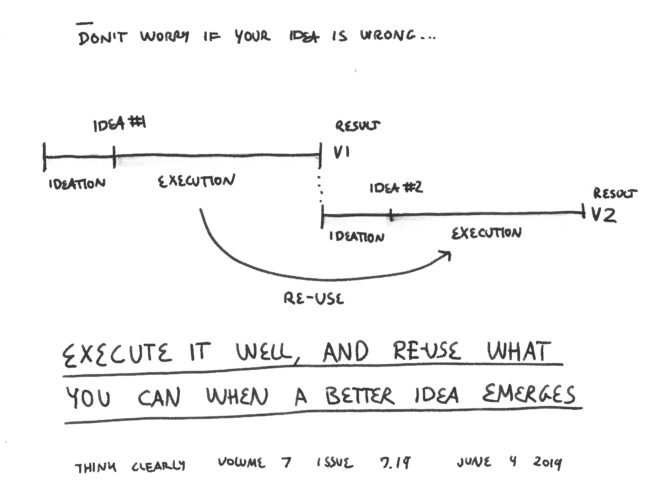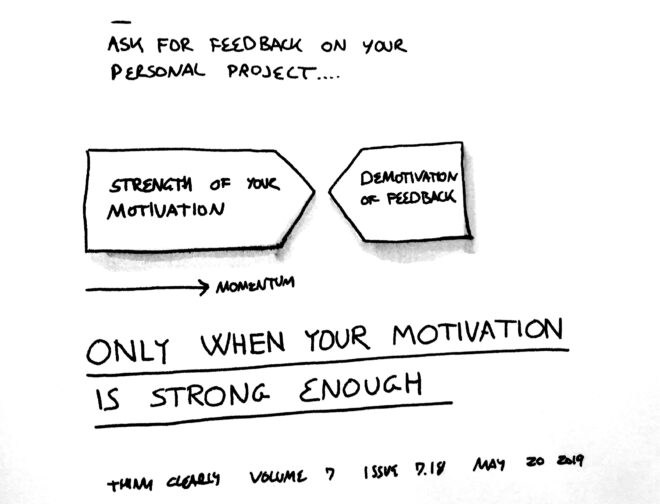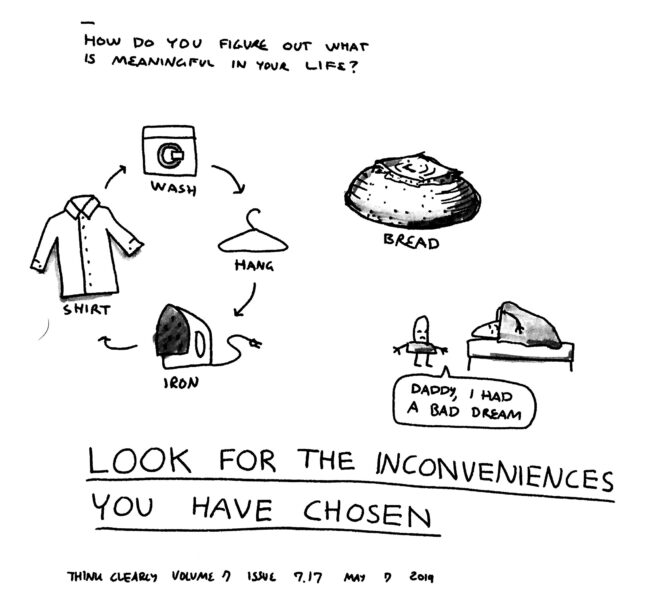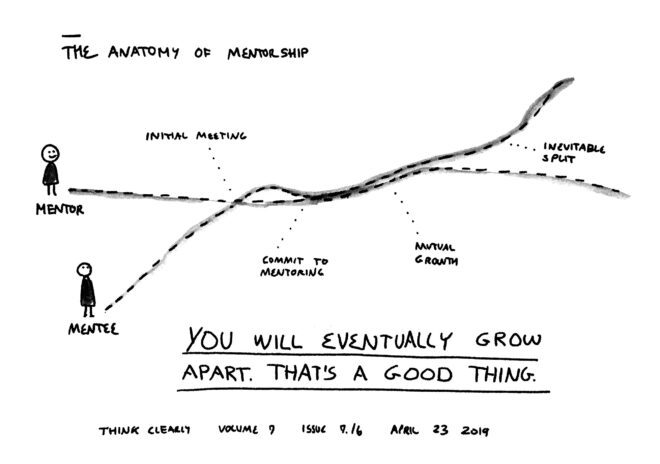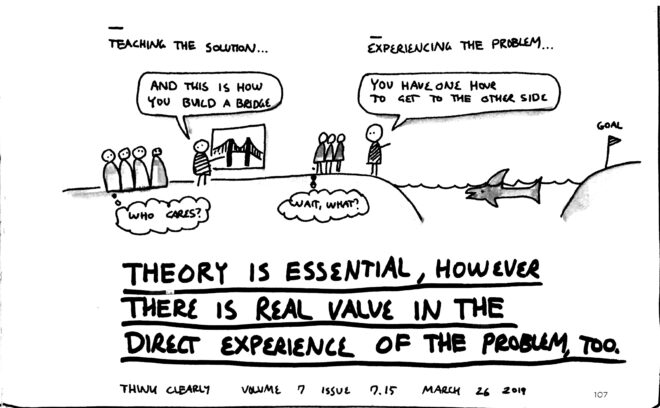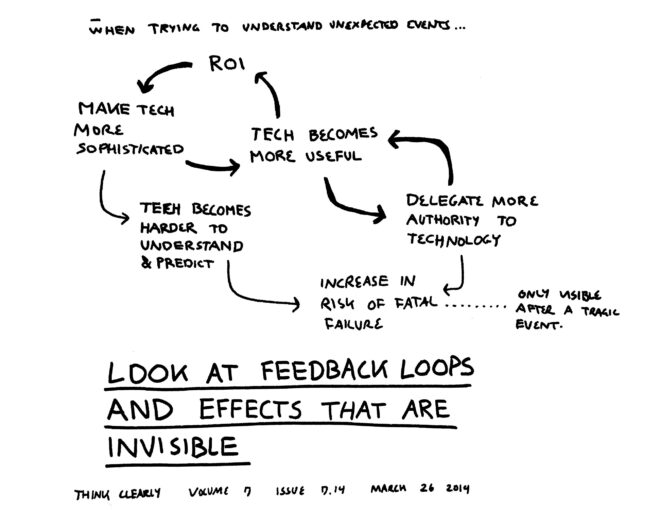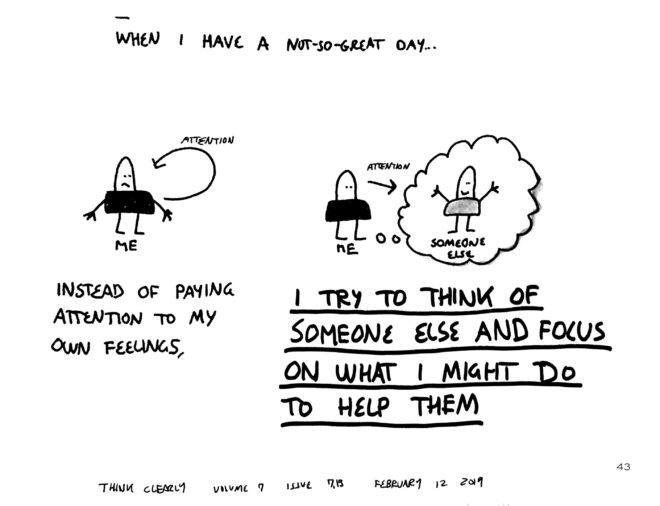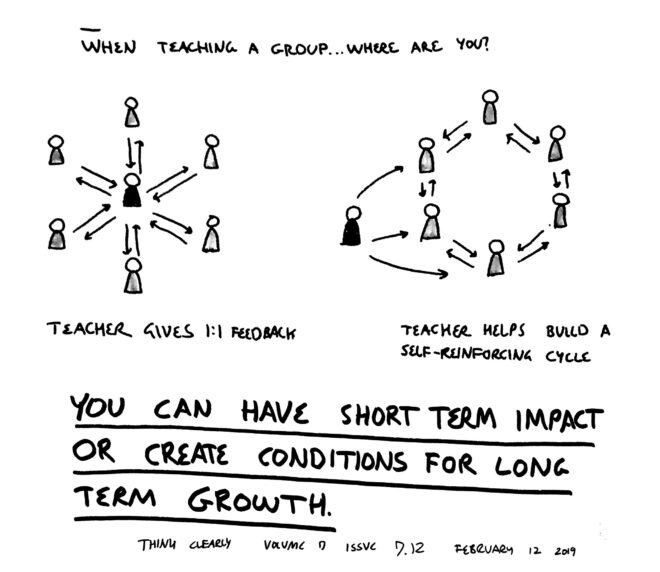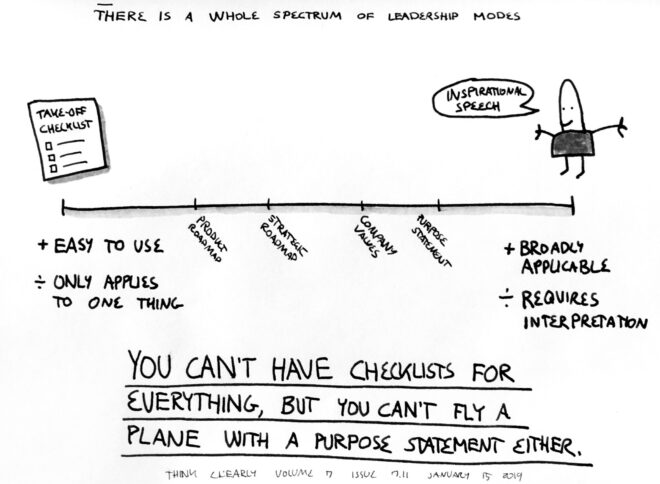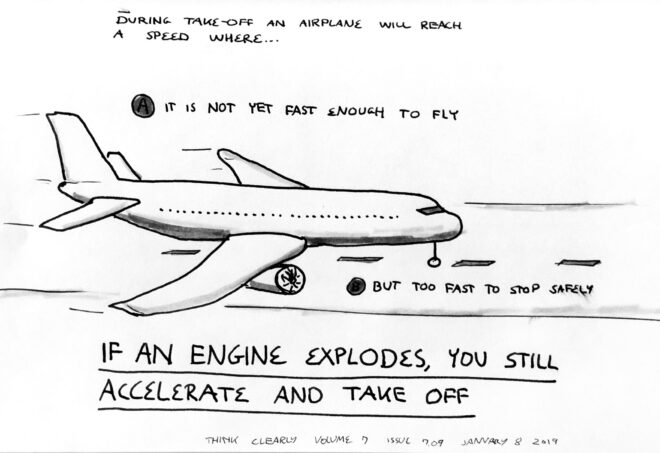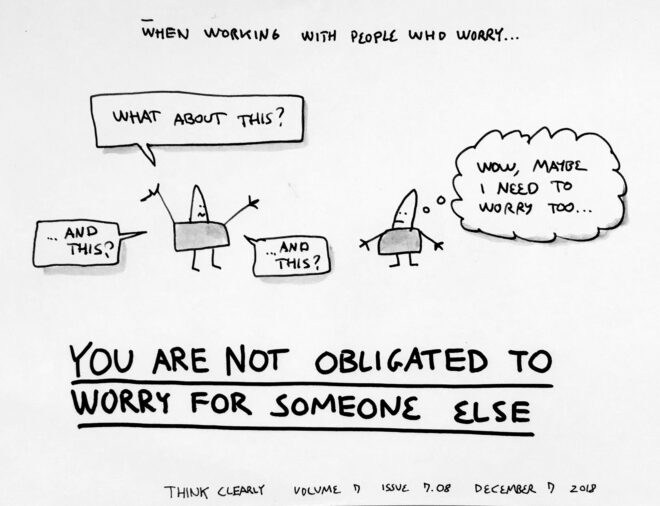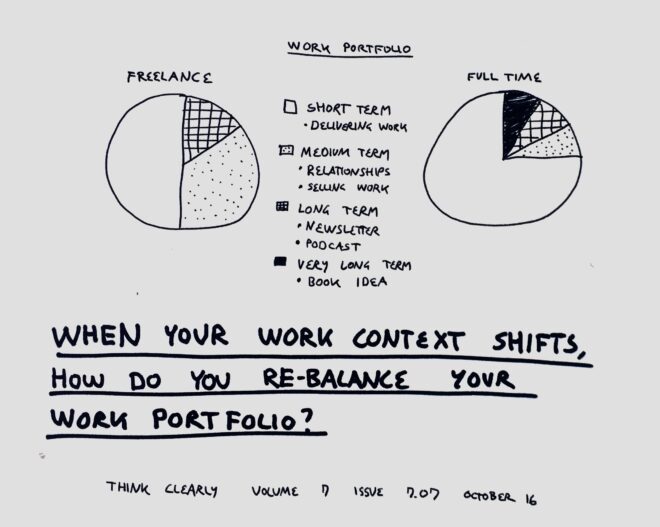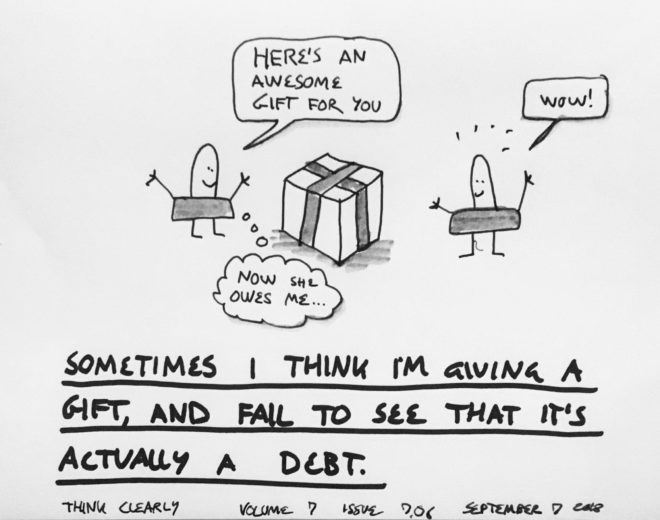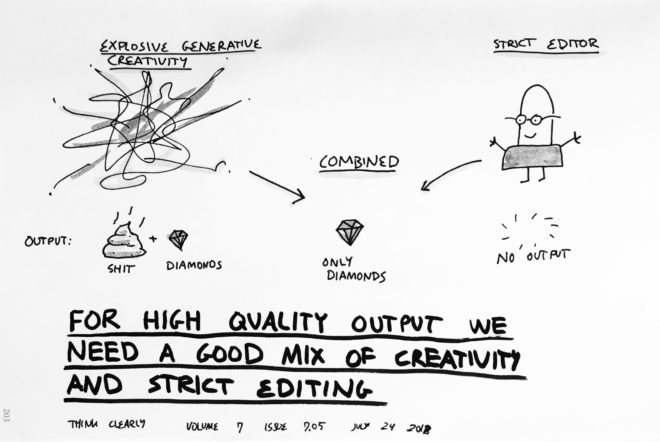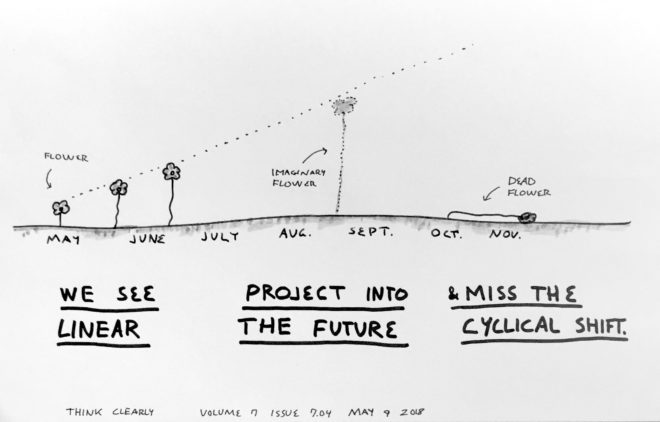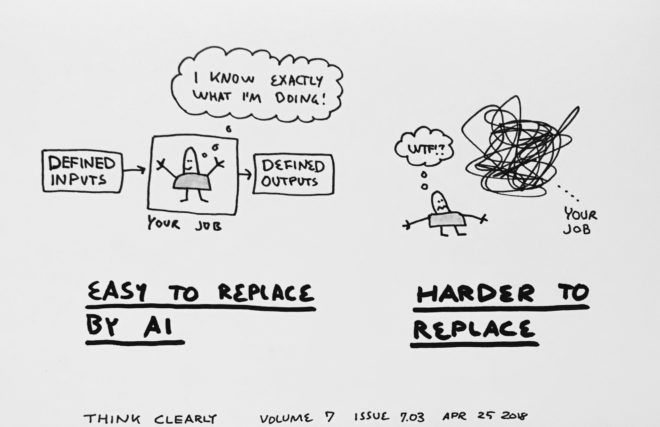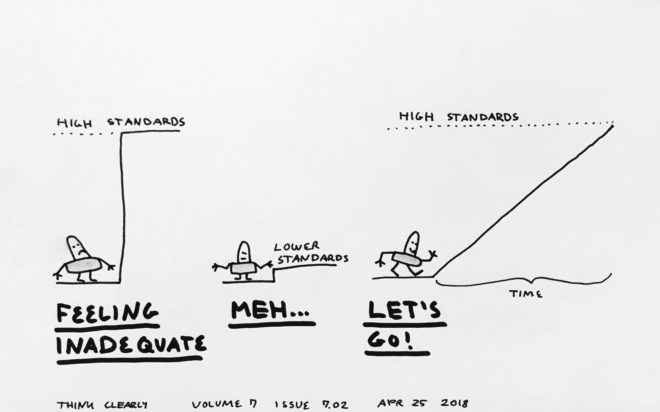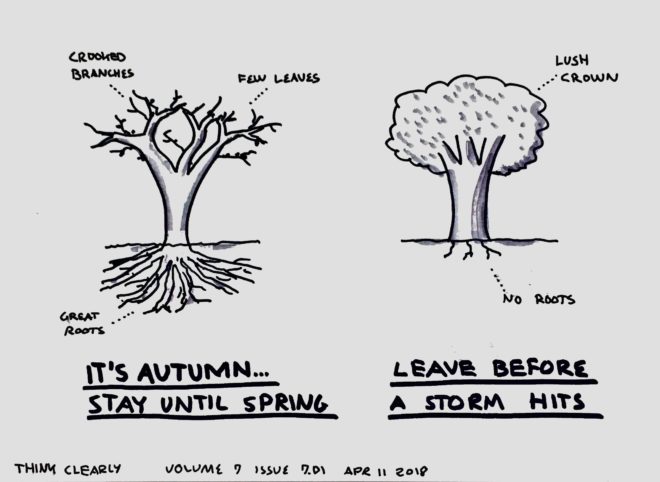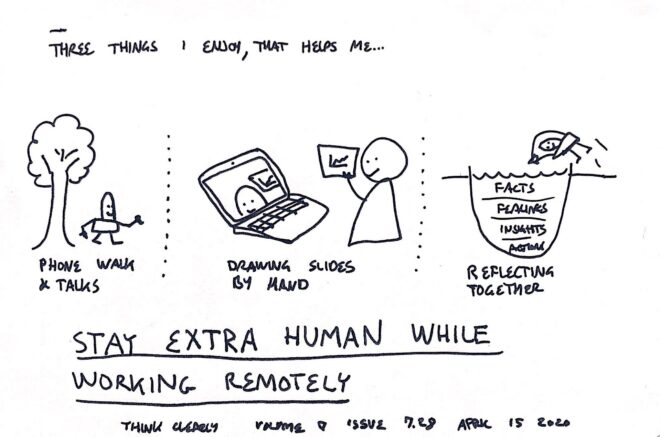
Hello Amazing!
Even before Covid-19 closed down most of the world, our work and lives in general are increasingly mediated through technology. I spend as much time looking at my friends’ lives on Instagram or sending text messages or talking over FaceTime as I spend in company of my friends physically, it’s just chopped up into many little moments of scrolling and liking and replying. The same was also close to true for my work: even while working in an office, many client meetings were held virtually as well as meetings between offices on different costs. The Covid-19 pandemic has further accelerated this trend.
I’m finding that one of the most important things for me is to really double down on the deeply human qualities:
1/ I have enjoyed going for extended walks outside with a new friend and coworker in my ears, having what we at Implement call REAL conversations.
2/ I also enjoy not doing screen sharing and instead opting for fewer and simpler slides that I draw by hand and hold up to the camera. It makes it feel so much more intuitive for me to present virtually and I can feel the audience much better.
3/ And lastly I enjoy facilitating reflection, especially when I manage to get a group of people together like I did recently with Janus Boye. There is something so beautiful and simple about a group of strangers coming together to process and share their experiences in life.
As always, if there is any way I can help you get started (or go further) with REAL conversations, drawing slides by hand or facilitating reflection, I would be honored help you. Just get in touch via WhatsApp on +4522212355 (my e-mail is a mess). It’s my humble attempt to share what has helped me the most.
With much love
— Mathias
